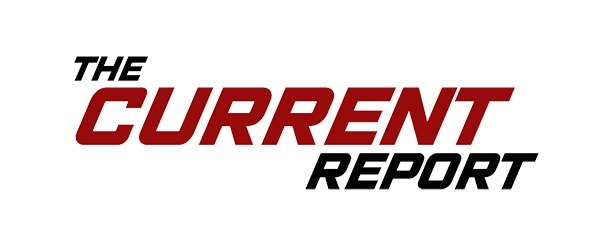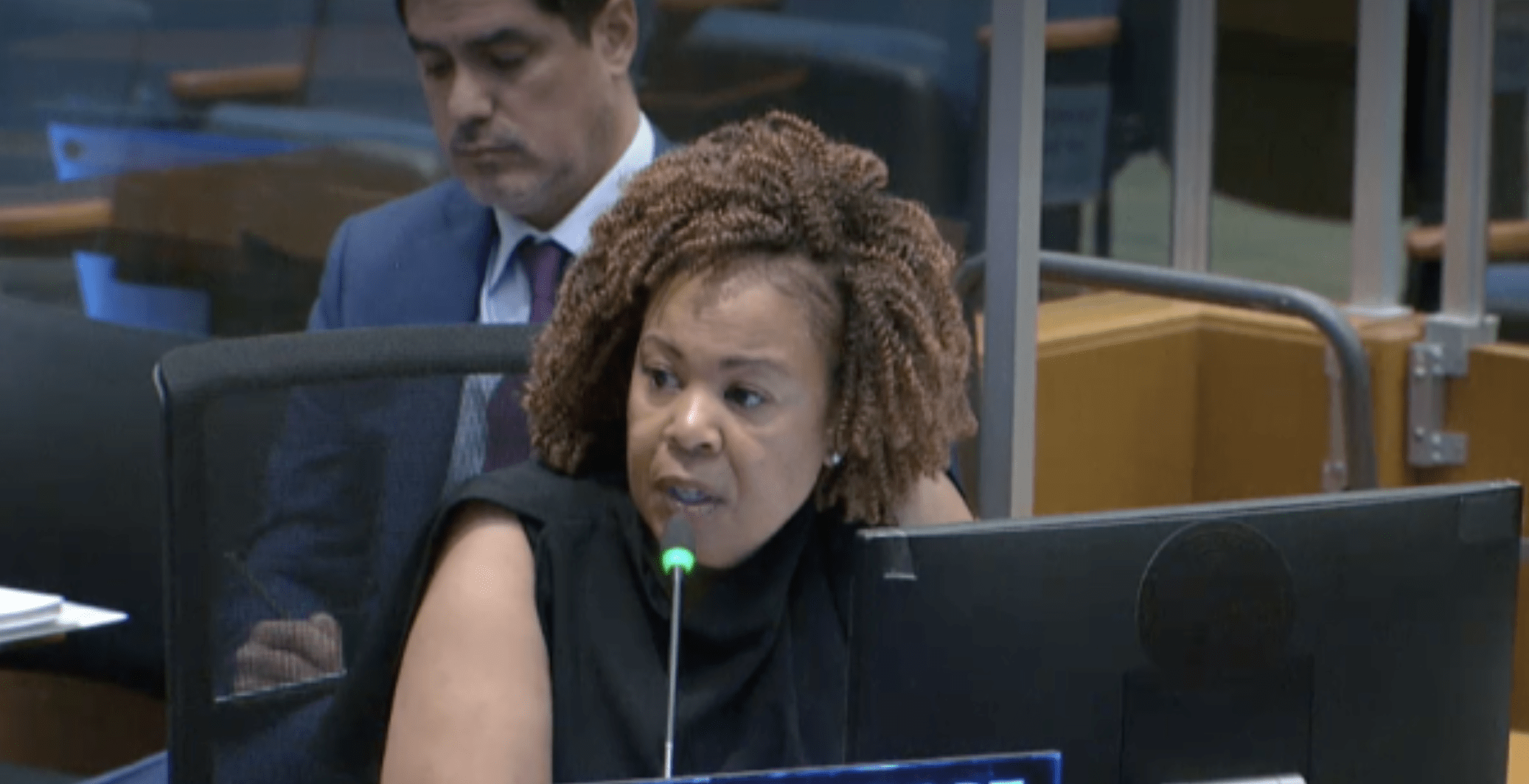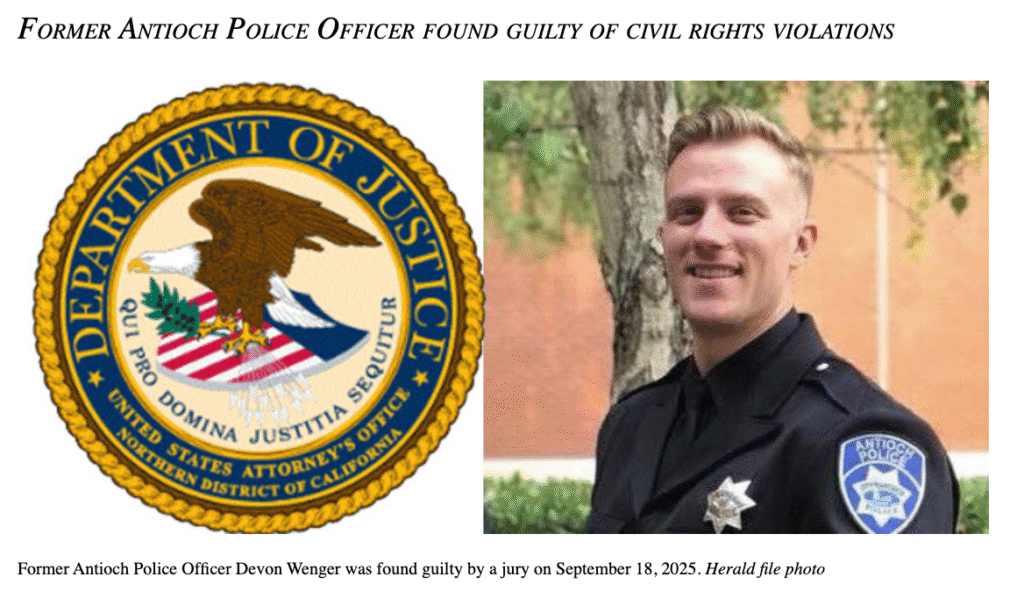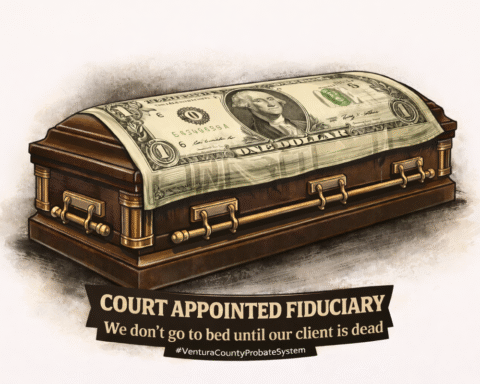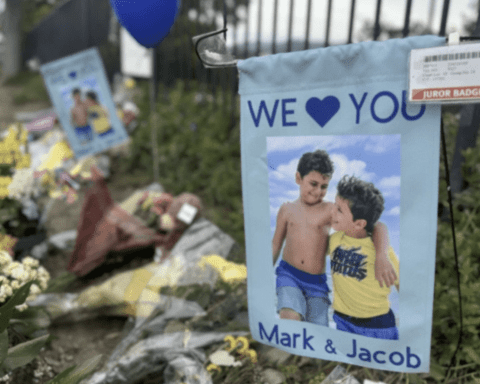In October 2021, Los Angeles County Sheriff Alex Villanueva did something few law enforcement officials have dared to do, he accused the Los Angeles County Board of Supervisors of possible public corruption and asked the FBI to investigate. His letter, co-signed by Undersheriff Tim Murakami, laid out a disturbing trail of concealed conflicts of interest, illegal settlements, and taxpayer funds quietly funneled to insiders under the guise of “combat pay.”
The letter to FBI Assistant Director Kristi Koons Johnson wasn’t conjecture, it was evidence. Backed by complaint reports, attachments, and internal investigative notes, the Sheriff’s Department’s Public Corruption Unit traced a series of County power plays and payouts that exposed the collusive relationship between top County officials, their private legal counsel, and politically connected nonprofits that served as conduits for influence and money.
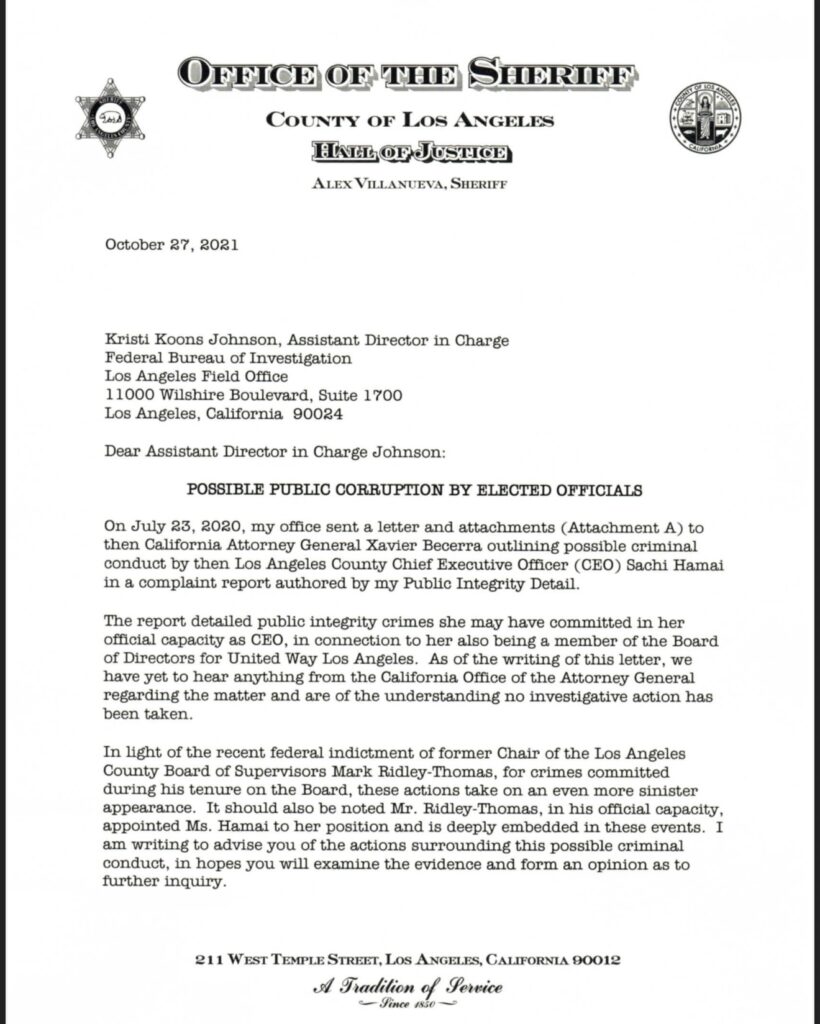
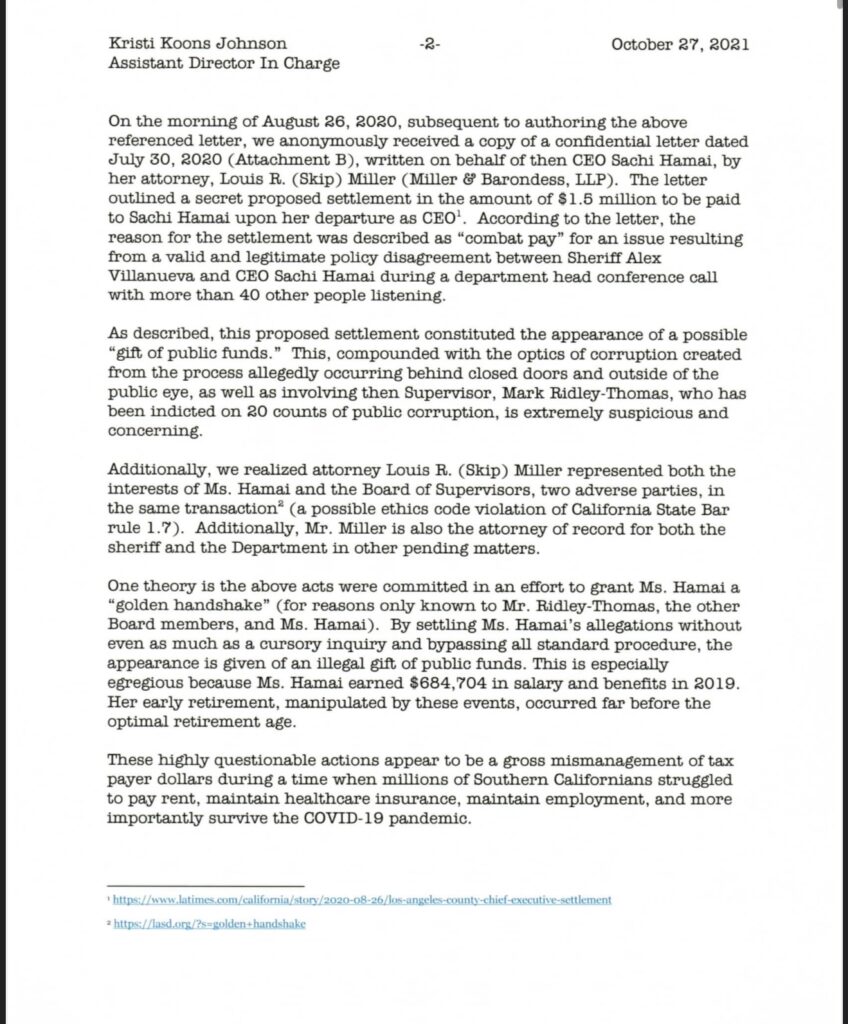
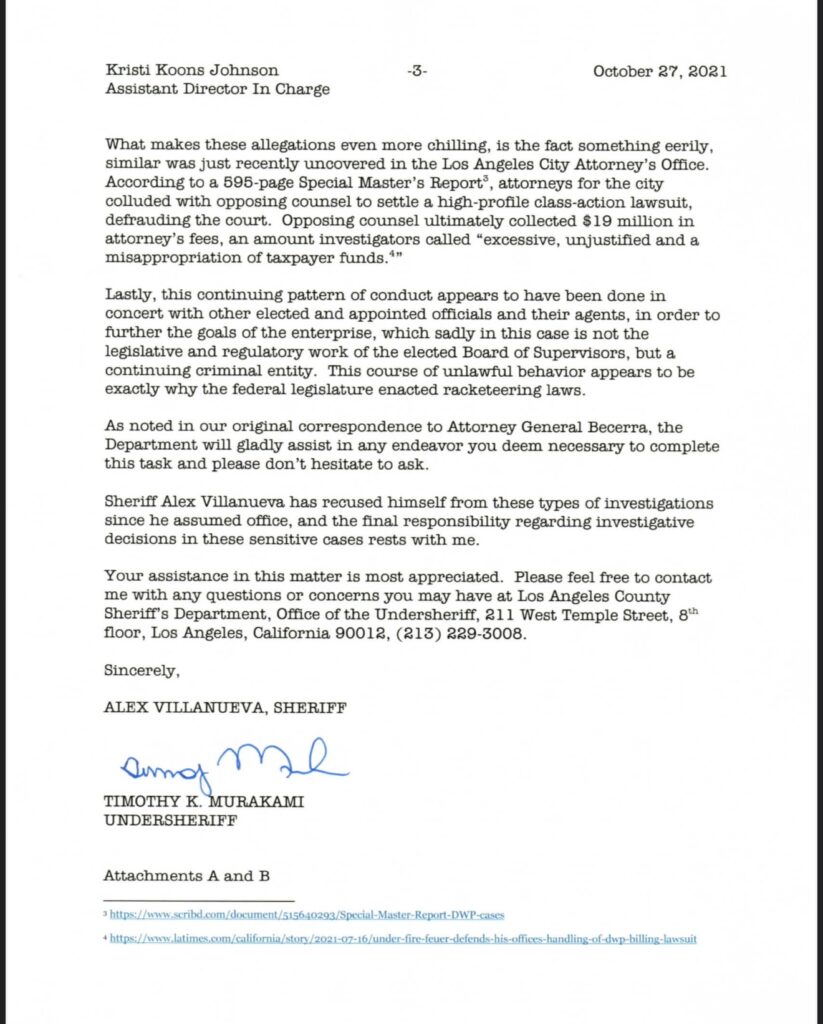
The first warning came on July 23, 2020, when Villanueva’s office sent a letter to then – California Attorney General Xavier Becerra outlining potential criminal violations by CEO Sachi Hamai. During a July 21st Board of Supervisors meeting, Supervisor Kathryn Barger had pressed Hamai about her position on the Board of United Way Los Angeles – a nonprofit that had commissioned polling through Evitarus on a County proposal to reallocate general fund dollars away from law enforcement and toward social programs. Hamai initially denied any involvement, then admitted the arrangement “gave the appearance of a conflict.” She resigned from United Way’s Board that same day.
Detectives Mark Lillienfeld and Steve Nemeth detailed multiple violations of California’s conflict-of-interest laws – Government Code sections 1090, 1222, and 87200 – noting that Hamai’s dual role allowed her to influence County policy in ways that financially benefited organizations connected to her outside affiliations. No state investigation ever followed.
Weeks later, an anonymous source provided the Sheriff’s Department a confidential letter written by attorney Louis “Skip” Miller of Miller Barondess LLP, outlining a secret $1.5 million “combat pay” settlement for Hamai. The payment, justified as compensation for “emotional distress and reputational harm,” was negotiated privately and approved by the same Board that had appointed her. Miller represented both the County and Hamai – a blatant conflict that Villanueva described as a likely ethics and fiscal abuse.
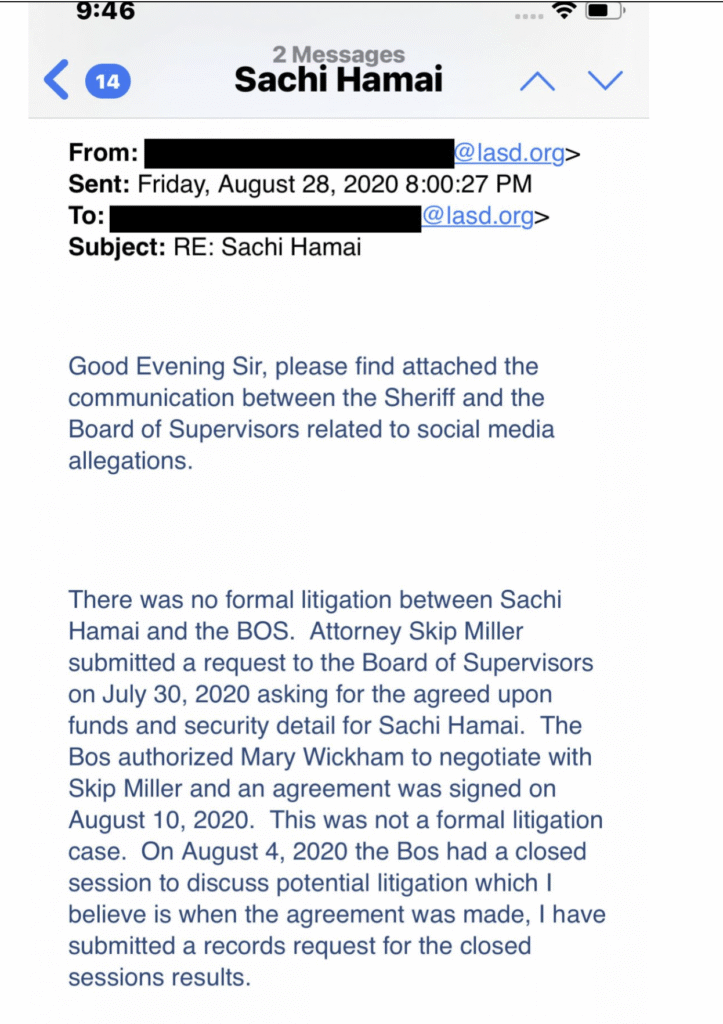
In his October 2021 letter to the FBI, Villanueva connected this pattern of concealed settlements and overlapping interests to broader corruption schemes in Los Angeles County and City government. He drew direct comparisons to the Department of Water and Power billing fraud scandal, where City Attorney’s Office lawyers fabricated lawsuits and settlements to defraud taxpayers. Villanueva warned that similar racketeering-style tactics were being normalized at the County level – settlements and payouts structured through trusted institutions and disguised as legitimate governance.
That pattern is more than theoretical. In the federal bribery case against former County Supervisor Mark Ridley-Thomas, prosecutors described how United Ways of California, a statewide affiliate of the national United Way network, became an unwitting player in the money trail. The nonprofit served as a financial conduit, helping to disguise the transfer of $100,000 in campaign funds from USC to Ridley-Thomas’s son, Sebastian. The payment was routed through United Way’s fiscal sponsorship of Sebastian’s newly formed think tank, the Policy Research & Practice Initiative (PRPI).
United Way itself was not charged and there is no evidence it knowingly participated in the scheme. But its role as a respected fiscal sponsor effectively laundered the transaction — obscuring the quid pro quo between Ridley-Thomas and USC. Prosecutors argued that this nonprofit façade was essential to the cover-up, allowing public officials and private institutions to move money behind a shield of legitimacy.
This revelation gives context to Hamai’s own entanglement with United Way. As County CEO, she was not simply sitting on a charity board; she was embedded within a network that, as later proven in court, had been leveraged – intentionally or otherwise – to blur the lines between public service, private funding, and political self-dealing.
Fast-forward to 2025, and the corruption template remains intact. The Current Report broke the story on X regarding LA County CEO Fesia Davenport was abruptly placed on leave shortly after Los Angeles County supervisor Katheryn Barger has called for a formal investigation into the $4 billion settlement over alleged sexual abuse in juvenile detention, citing concerns that many claims may be fraudulent. Sources say county counsel head attorney Dawyn Harrison was also placed on leave potentially connected to the investigation.
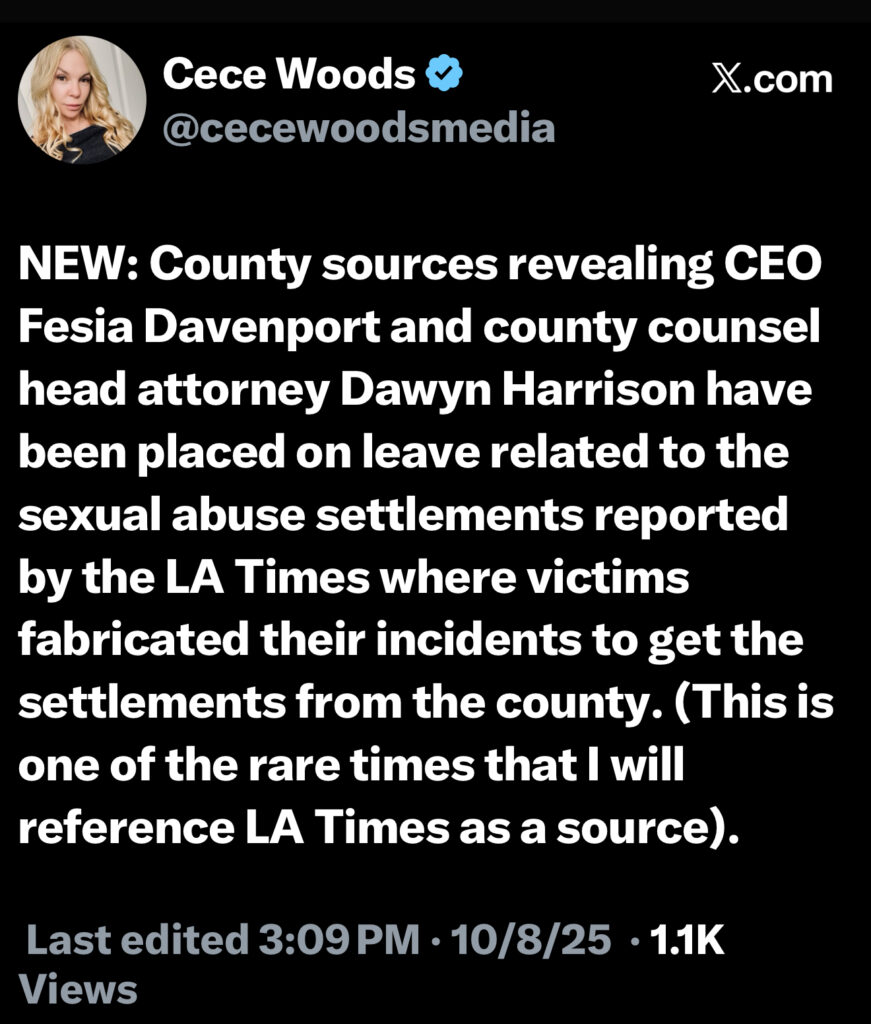
Davenport quietly received a $2 million payout from the County in a confidential settlement approved in closed session on July 29. The agreement compensated her for “emotional distress, embarrassment, and reputational harm” – the same language used to justify Hamai’s “combat pay” five years earlier. The Board approved the deal in secret, buried the disclosure, and only acknowledged it after media scrutiny.
The Davenport agreement referenced “facts and circumstances surrounding Measure G,” a ballot proposition reshaping the County’s power structure. Once again, a top County executive was paid millions under a confidentiality clause, protected from oversight, and insulated by the same system that Villanueva had exposed years earlier.
The parallels between the Hamai scandal, the Ridley-Thomas bribery scheme, and the Davenport settlement reveal a County governance culture built on opacity and collusion. Nonprofits serve as fiscal shields, attorneys double as fixers, and elected officials greenlight private settlements in secret sessions – all while insisting on their own ethical integrity.
Villanueva’s 2021 letter described Los Angeles County’s internal corruption as a “continuing criminal enterprise.” His language, once criticized as political hyperbole, now reads as forensic accuracy. The systemic misuse of public funds, the reliance on nonprofits to disguise transactions, and the persistent pattern of confidential payouts all point to a government that functions more like a cartel than a democracy.
United Way’s inadvertent role in the Ridley-Thomas case underscores how deeply this network runs. Even institutions built on public trust can be co-opted into mechanisms of concealment. In Los Angeles County, that concealment has become the rule — not the exception.
Until state and federal authorities confront the record Villanueva placed before them, Los Angeles County remains a case study in institutionalized corruption — a place where the players change, the payouts grow, and the silence from those sworn to uphold the law grows louder still.
